Navigating the world of adolescent mental health can be a challenging and sometimes overwhelming journey for parents and caregivers. The landscape is often rife with technical jargon and complex treatment modalities. However, the first step towards providing the proper support for your teen begins with understanding the different levels of care available.
The Office of Public Affairs reports that approximately 50% of teenagers face challenges related to mental health. Depending on the extent of these difficulties, individuals may need to consider seeking professional assistance and engaging in mental health treatment. Each level corresponds to the intensity and type of treatments provided, catering to various mental health issues ranging from mild symptoms to severe disorders.
Types of Mental Health Treatment for Adolescents
Adolescents are susceptible to a variety of mental health conditions. How do you know which treatment is suitable for your teen? We delve into different treatments tailored to varying severity levels and personal circumstances.
Day Treatment
Day treatment, also known as a Day Program, provides intensive care while allowing adolescents to return home at night. This program typically consists of individual, group, and family therapy sessions. It’s designed to provide a high level of care without requiring the adolescent to live on-site.
After-School Outpatient Program
An after-school outpatient program, known as an Intensive Outpatient Program (IOP), is a flexible option that fits around an adolescent’s school schedule. It allows teens to continue their education while receiving therapy and support. This program is typically designed for adolescents who need consistent therapeutic help. Sessions are held after school, ensuring their routine remains normal.
Partial Hospitalization Program
A Partial Hospitalization Program (PHP) is ideal for adolescents experiencing severe symptoms. PHP offers more intensive therapy than day treatment or an outpatient program. Adolescents spend a significant portion of their day at the facility but return home in the evening. This balance ensures they receive high care while maintaining aspects of their routine.
Residential Treatment Center
A Residential Treatment Center (RTC) provides the highest level of care, suitable for adolescents who need round-the-clock supervision due to their mental health condition. This treatment involves a mix of individual, group, family, and other therapeutic activities in a highly structured environment. It’s ideal for those who have yet to make sufficient progress in lower levels of care or whose safety is a concern. In an RTC, teens live on-site, ensuring they can always access support and maintenance.
What Level of Care Does My Teen Need?
Determining the appropriate level of care your teen needs for their mental health concerns can be daunting. This decision depends on various factors, including the severity of their symptoms, their overall health status, and how their mental health issues affect their day-to-day life.
A professional assessment is a critical first step in this process. Health professionals, including psychologists, psychiatrists, or a pediatrician specializing in adolescent health, can evaluate your teen’s situation and guide you toward appropriate care. Remember that it’s not just about diagnosing a problem; it’s about understanding your teen’s unique needs and circumstances to provide them with the best support and care.
MCAW Treatment Programs
At Massachusetts Center for Adolescent Wellness (MCAW), our levels of care include IOP and day treatment for adolescents aged 13 to 17 and their families. At MCAW, we address various mental health disorders, equipping teens with the tools they need to navigate their mental health journey.
Our approach to teen mental health treatment is uniquely comprehensive. We merge evidence-based therapies—such as Cognitive Behavioral Therapy (CBT) and Dialectical Behavior Therapy (DBT)—with holistic methods that promote overall well-being. This integration ensures our care is scientifically backed and considerate of the individual’s holistic health.
We believe in empowering families as partners in their teen’s recovery. We offer family education and support, understanding that a collective effort often results in the best outcomes for our adolescents. Contact us to learn more about our programs.


